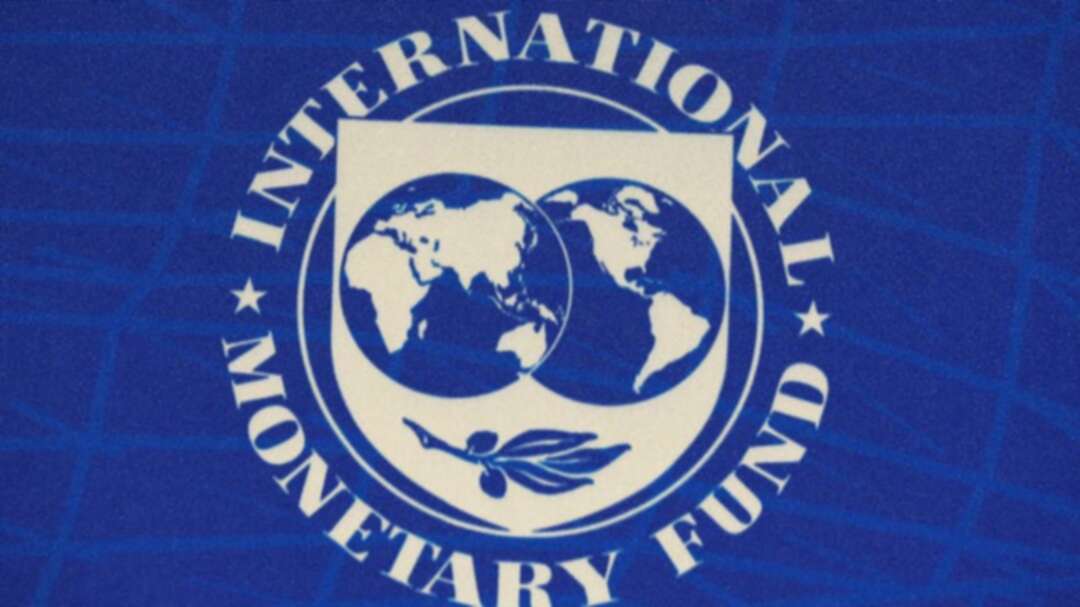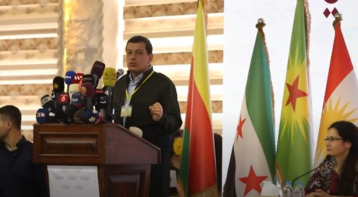-
Growth for Middle East’s oil exporters will remain ‘subdued’: IMF

Growth in the short-term will remain subdued for oil exporters in the Middle East, North Africa, Afghanistan, and Pakistan (MENAP) region due to volatile oil prices, precarious global growth and elevated fiscal vulnerabilities, said the International Monetary Fund in a report on Monday.
“Lower global demand and oil production could potentially weaken oil prices, business confidence, and investment decisions, with adverse implications for growth and fiscal and external positions,” the Fund said in its regional economic outlook.
At the same time, many countries in the region are benefiting from supportive global financial conditions such as interest rate cuts by major central banks and their inclusion in global equity and bond indices that boosted debt and equity flows in 2019.
Although the banking sector remains healthy, safeguarding the stability of the financial system will require monitoring of trends in the real estate sector and continued use of macroprudential measures, the IMF said.
Oil exporters in the MENAP region should resume structural reforms to support private-sector-led non-oil growth and raise productivity, the report said.
Growth in MENAP oil exporters is expected to be 1.3 percent in 2019, down from 1.6 percent in 2018, according to the IMF.
The Fund expects growth in Gulf Cooperation Council (GCC) countries to be 0.7 percent in 2019, down from 2 percent in 2018, mainly due to oil production cuts under the current OPEC+ deal.
However, growth is anticipated to rebound to 2.5 percent in 2020 on rising oil and gas production from countries including Kuwait, Oman and Saudi Arabia and the commencement of the OPEC leader’s 400,000-barrel- per-day refinery in the country’s Jizan region.
Non-oil growth, which is expected to hit 2.8 percent in 2020, from the current 2.4 percent, will be supported by infrastructure spending. The IMF notes investments towards the Expo 2020 in UAE and the 2022 World Cup, which will be held in Qatar.
In Iran, which faces severe US sanctions, output is expected to shrink by 9.5 percent in 2019.
“Iran’s main export, oil, is severely restricted, and imports have collapsed. Some stability in the level of output is expected in 2020, culminating in near-zero growth,” the IMF said.
High levels of debt
The Fund said high public debt and associated financing costs are not only holding back growth in the region, but also pose a source of acute fiscal stress.
Many countries have experienced debt increases over many years, due to growth declines and rise in deficits in the wake of the Arab uprisings in 2011.
Public debt levels are very high in many countries—exceeding 85 percent of GDP on average, and more than 150 percent in Lebanon and Sudan, the Fund said.
Lebanon has experienced protests and demonstrations after its government proposed austerity measures aimed at reducing its massive debt.
“A persistent decline in growth has also played a critical role,” the Fund said.
Lebanon’s economic growth slowed to about 0.3 percent in 2018 on the back of low confidence, high uncertainty, and a significant contraction in the real estate sector, according to the IMF, which expects Lebanon to see a continuation of weak growth in 2019.
Oil-importing MENAP countries are facing twin threats of slow growth and fiscal unsustainability. Governments cannot afford to delay implementing growth-friendly consolidation and structural reforms necessary to meet these challenges, the IMF said.
Growth in MENAP oil importers is expected to fall slightly in 2019 to 3.6 percent, down from 4.3 percent in 2018.
source:John Benny
You May Also Like
Popular Posts
Caricature
BENEFIT Sponsors BuildHer...
- April 23, 2025
BENEFIT, the Kingdom’s innovator and leading company in Fintech and electronic financial transactions service, has sponsored the BuildHer CityHack 2025 Hackathon, a two-day event spearheaded by the College of Engineering and Technology at the Royal University for Women (RUW).
Aimed at secondary school students, the event brought together a distinguished group of academic professionals and technology experts to mentor and inspire young participants.
More than 100 high school students from across the Kingdom of Bahrain took part in the hackathon, which featured an intensive programme of training workshops and hands-on sessions. These activities were tailored to enhance participants’ critical thinking, collaborative problem-solving, and team-building capabilities, while also encouraging the development of practical and sustainable solutions to contemporary challenges using modern technological tools.
BENEFIT’s Chief Executive Mr. Abdulwahed AlJanahi, commented: “Our support for this educational hackathon reflects our long-term strategic vision to nurture the talents of emerging national youth and empower the next generation of accomplished female leaders in technology. By fostering creativity and innovation, we aim to contribute meaningfully to Bahrain’s comprehensive development goals and align with the aspirations outlined in the Kingdom’s Vision 2030—an ambition in which BENEFIT plays a central role.”
Professor Riyadh Yousif Hamzah, President of the Royal University for Women, commented: “This initiative reflects our commitment to advancing women in STEM fields. We're cultivating a generation of creative, solution-driven female leaders who will drive national development. Our partnership with BENEFIT exemplifies the powerful synergy between academia and private sector in supporting educational innovation.”
Hanan Abdulla Hasan, Senior Manager, PR & Communication at BENEFIT, said: “We are honoured to collaborate with RUW in supporting this remarkable technology-focused event. It highlights our commitment to social responsibility, and our ongoing efforts to enhance the digital and innovation capabilities of young Bahraini women and foster their ability to harness technological tools in the service of a smarter, more sustainable future.”
For his part, Dr. Humam ElAgha, Acting Dean of the College of Engineering and Technology at the University, said: “BuildHer CityHack 2025 embodies our hands-on approach to education. By tackling real-world problems through creative thinking and sustainable solutions, we're preparing women to thrive in the knowledge economy – a cornerstone of the University's vision.”
opinion
Report
ads
Newsletter
Subscribe to our mailing list to get the new updates!






















